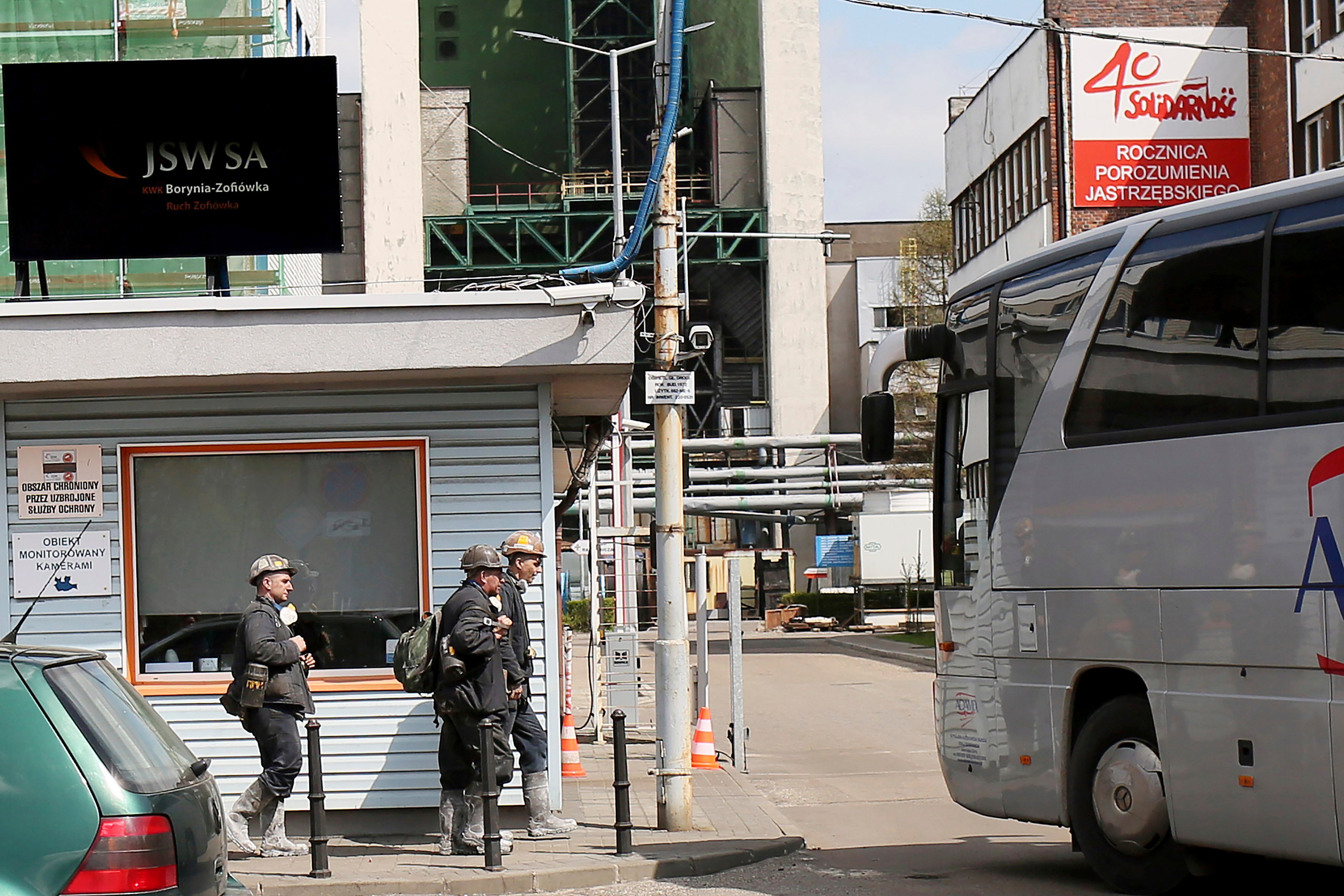Death toll rises to 18 from Polish mine accidents; 7 missing
The death toll from disasters in two Polish coal mines rose to 18 after the bodies of four missing miners were found

Your support helps us to tell the story
From reproductive rights to climate change to Big Tech, The Independent is on the ground when the story is developing. Whether it's investigating the financials of Elon Musk's pro-Trump PAC or producing our latest documentary, 'The A Word', which shines a light on the American women fighting for reproductive rights, we know how important it is to parse out the facts from the messaging.
At such a critical moment in US history, we need reporters on the ground. Your donation allows us to keep sending journalists to speak to both sides of the story.
The Independent is trusted by Americans across the entire political spectrum. And unlike many other quality news outlets, we choose not to lock Americans out of our reporting and analysis with paywalls. We believe quality journalism should be available to everyone, paid for by those who can afford it.
Your support makes all the difference.The death toll from disasters in two Polish coal mines rose to 18 after the bodies of four missing miners were found Wednesday.
The rescue operation at the Borynia-Zofiowka mine in southern Poland ended after the last miners missing after a tremor and methane gas discharge on Saturday were pronounced dead. They brought the total number of deaths to 10.
Meanwhile, the toll from a series of methane explosions at the nearby Pniowek mine last week rose to eight after a hospitalized worker died Tuesday night.
Seven other miners and rescuers remain missing at that mine, but the search for them was suspended when subsequent blasts injured 10 rescue team members.
Nineteen people remained hospitalized with burns. Partitions are being built to seal off the blast area from the rest of the mine.
Prosecutors have opened investigations. The mines are operated by the Jastrzebska Spolka Weglowa company, or JSW.
Most Polish coal mines are in the southern Silesia region. Many mines have a high methane content in the rock.
Some 70% of Poland’s energy comes from coal, a proportion that has been sharply criticized by the European Union and environmental groups who are concerned about CO2 emissions and meeting climate change goals.
Poland has been trying to scale down its use of coal. Prime Minister Mateusz Morawiecki recently said Poland has stopped coal imports from Russia and its ally Belarus in response to Moscow’s invasion of Ukraine.
For years Poland has been reducing its dependence on Russian energy sources that was built in communist-era times before 1990, when Poland was Russia’s satellite.
Russia stopped delivering natural gas to Poland and Bulgaria on Wednesday. Polish leaders said the country was well prepared to end its use of Russian gas.
___
Follow all AP news about climate change issues at https://apnews.com/hub/climate